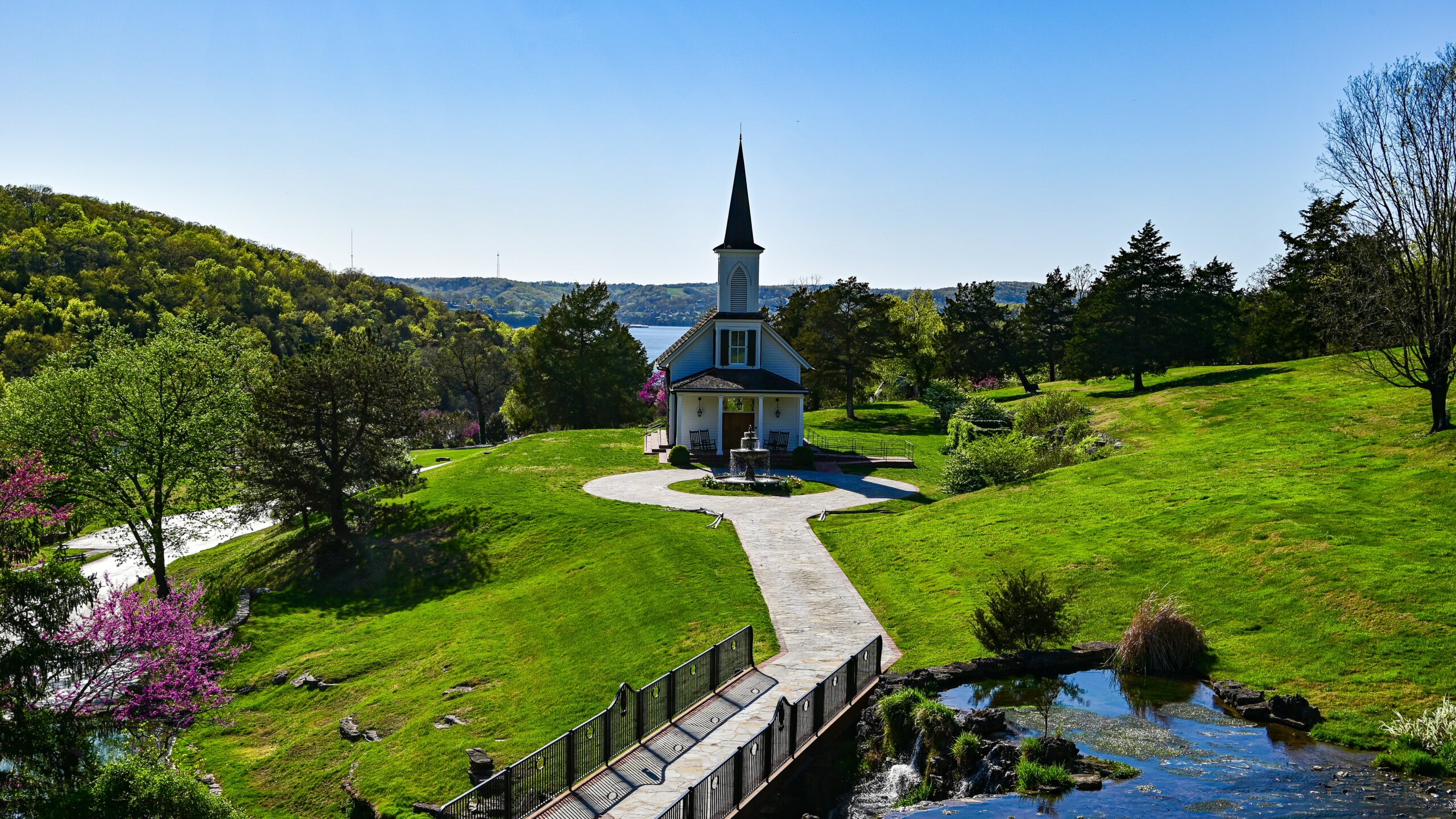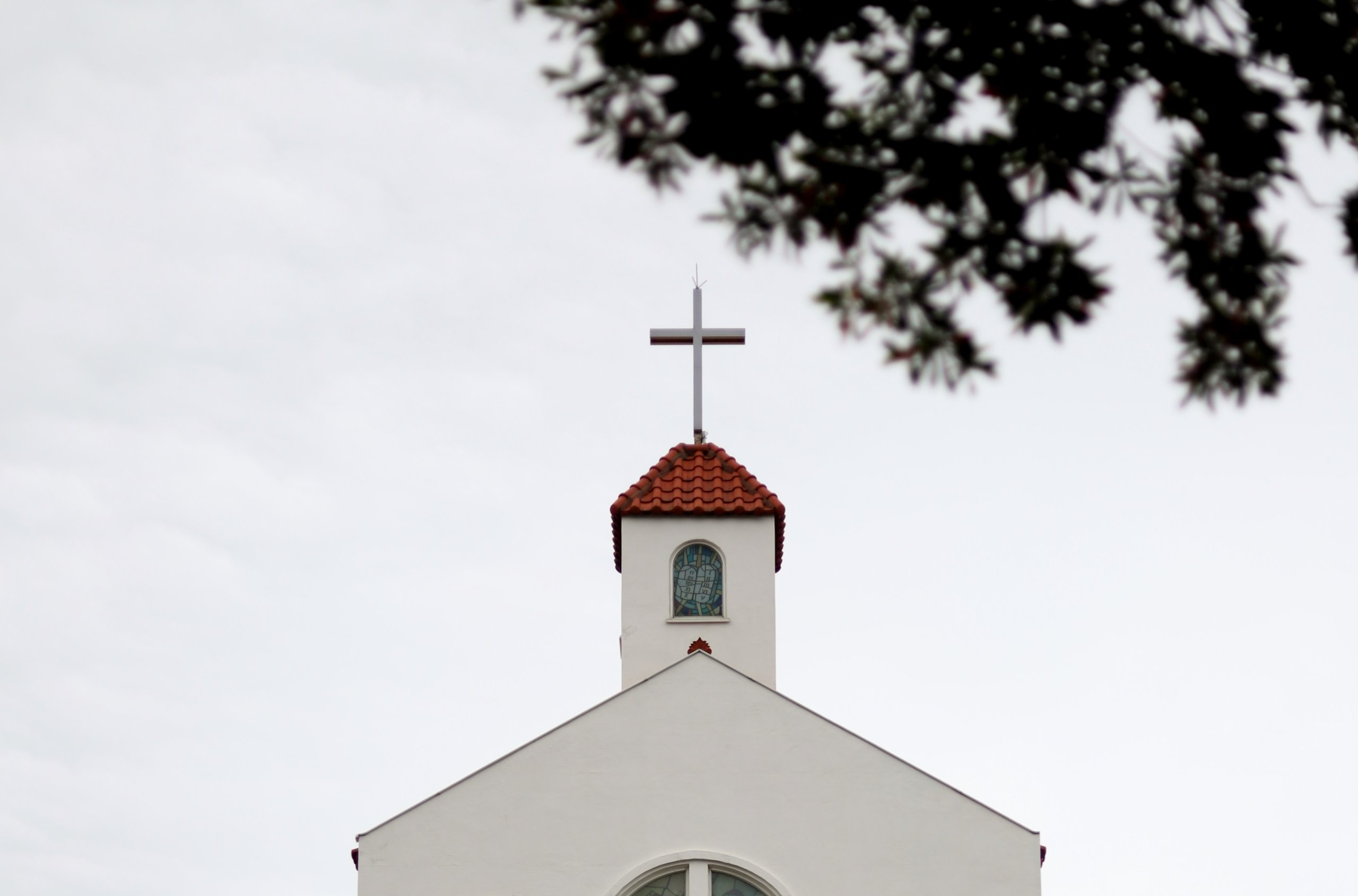Jim and I spent last week driving through small towns in Texas that I had never heard of. The wildflowers were beautiful, the cows were numerous, and the temperature was more like July than May. I had always wanted to visit the Painted Churches of Texas.
German and Czech immigrants began arriving in Texas in the 1840s. They settled in the lands outside of Austin and began farming, ranching, and working in other related industries. The immigrants were mostly Catholic believers and wanted to attend a church that felt familiar, which meant they needed to build their own churches on Texas soil.
The Painted Churches still stand
These Texas churches were built to look like small but grand European churches. The pillars are often painted to look like marble, the windows are made of stained glass, and the altars are ornate and beautiful. The walls and ceilings are filled with murals depicting their homeland and scenes from the Bible. Their statues, confessionals, and lighting were surprisingly decorative and not typical of the average rural Texas church.
Jim and I had a wonderful road trip to towns we had never visited to see these churches. My takeaway from the time we spent was this: our heavenly family will be vastly different than the typical church families on earth.
The communities of the Painted Churches have dwindled in size, but the churches still stand. The congregations still worship at the same altars where many of their ancestors worshiped. A timeless thread of family is woven into each of those churches, evident in the historic graveyards located just outside of the walls. It was surprising how many of the people we spoke with had always lived in that one small town and attended the same rural church for their entire lives.
The church is their family history, and they want it to be their children’s history too.
Generational faith
God created the whole idea of a family as the ideal way to live our lives on earth. Adam and Eve created a family. Abraham was told he would be the “father” of many nations. The Holy Land was divided into sections for each family. Jesus called God Abba and called us his brothers and sisters.
It seems like God intended the family to be the strongest of our earthly relationships. That said, we don’t have to look past Adam’s family to see that families can also have their struggles. Every family member has a unique personality and a free will to make their choices.
That is true for our earthly family and our church family. The “Painted Churches of Texas” were a reminder of how uniquely diverse our eternal family is going to be in heaven.
I couldn’t help but imagine what it would be like to live in one of those small towns where everyone knows everyone and many are related to the people they know. The trains still run through the center of town and there is one small grocery store. It’s obvious that there is not a lot of wealth, but it’s equally obvious that people enjoy a comfortable life.
We were often asked where we were from. When we said Dallas, people shook their heads and spoke of the big crowds and rush-hour traffic. They can’t imagine living in a big city—and I feel much the same way about their way of life in their small towns.
Different ways of worshiping the same God
There are a lot of people who worship God on Sundays that I will probably never sit next to in a pew. We live in different places, worship in different ways, and don’t have very much in common to discuss. But we share a great love for our Lord. We are a diverse family, but we are family. One day we will worship together eternally, as a family of faith.
The Ephesian church family was both Jewish and Gentile. Some were wealthy merchants while others served as slaves. Some of the women had come to the church out of temple prostitution while others came from wealthy Roman families. Some would have been dressed in fine linen and others in beggars’ rags. Ephesus was likely the most diverse Christian church in Scripture.
Paul wrote to this church saying, “For this reason I bow my knees before the Father, from whom every family in heaven and on earth is named, that according to the riches of his glory he may grant you to be strengthened with power through his Spirit in your inner being, so that Christ may dwell in your hearts through faith—that you, being rooted and grounded in love, may have strength to comprehend with all the saints what is the breadth and length and height and depth, and to know the love of Christ that surpasses knowledge, that you may be filled with all the fullness of God” (Ephesians 3:14–19).
Paul understood that for the church in Ephesus to thrive amid diversity, the Christians would need to be strengthened by the Spirit and live grounded in their love of Christ. Their unity in diversity was a loud witness to the Roman culture. Our world needs that same witness today.
A God appointment
The first of the Painted Churches we visited had a beautiful cemetery nearby. It was still the cool of the morning, so we walked through it reading the historical markers and the family names. We passed by a grave that still held the flowers and wreath from a recent funeral.
I looked at the tombstone and noticed the two names. The husband had passed away and his wife was now a widow. I found myself praying for her by name and for her family, knowing they would be grieving.
The fourth church we visited had a small gift shop nearby, so we went in. I struck up a conversation with a woman there who asked if we had been by her home church. It was that first church we had visited. When I told her I had, she said she had just been there last week for her brother’s funeral.
I looked at her and asked, “Is Ronnie your sister-in-law?”
She looked startled and quietly said yes.
I explained that I had seen a fresh grave in the cemetery, then told her that I had prayed for her earlier that morning and was glad to meet her. We spoke a little longer and I left.
I will probably never see her again this side of heaven, but I enjoyed meeting my new “sister” in that small Texas town. She is family and it was a blessing to meet her and talk to her. I was glad God had set up our appointment with one another.
The best witness we can share with the world is the unity that our faith provides. People usually want to be part of a family, and we can invite them to be part of God’s family of faith. It is a powerful answer to the diversity and adversity our world is feeling right now.
Whom will the Spirit lead you toward this week? We all have God appointments to keep and those moments are our great blessings.
Will you pray Paul’s prayer today and then live led by God’s answers? God’s blessings are often tied to the appointments his Spirit leads us to keep each day.
Family was always God’s plan, now and eternally. So, to all my brothers and sisters in Christ, enjoy this week as you serve God’s purpose in your life.
I will see you all . . . someday.





